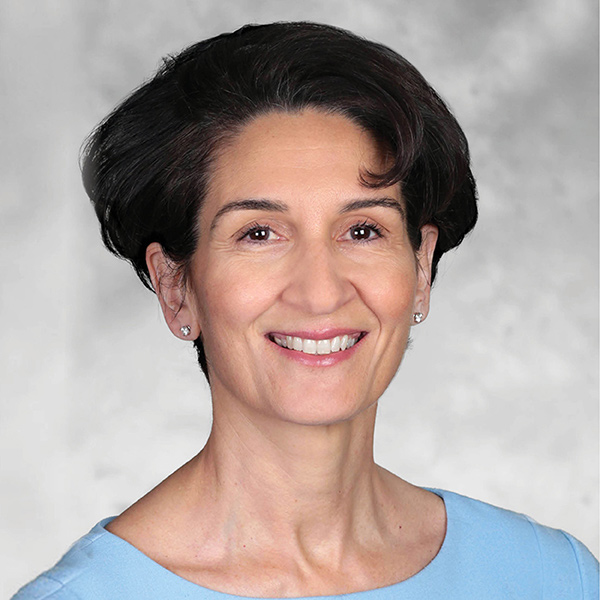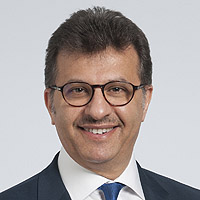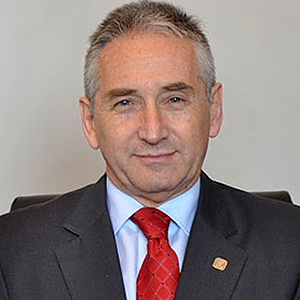Engaging WHO: More Important Now Than Ever
July has brought with it several devastating milestones in global health. The COVID-19 pandemic continues to grow at its fastest pace yet worldwide, with more than 13 million confirmed cases, over 580,000 deaths, and more than 100,000 cases being reported each day.i
As the virus continues to spread, more than twice as many low- and middle-income countries from Latin America and Africa, to India and the Asia Pacific, are seeing significant increases.i Recent data also suggest that our children are vulnerable, with an additional 400,000 children estimated to have died since the pandemic, including 168,000 newborns.
In the United States, over 135,000 people have died thus far. The state of Florida alone marked over 15,300 cases as of Sunday, July 12.ii In this same week, the US government officially informed the World Health Organization (WHO) of its decision to withdraw from the organization that it helped found over 70 years ago.iii
At a moment when we need a strongly coordinated and unprecedented global effort to combat the health crisis of our lifetime, we, as leaders of the American College of Cardiology, oppose this decision. Indeed, the decision to withdraw the US from the WHO undermines the College's vision of a world where innovation and knowledge optimize cardiovascular care and patient outcomes. We believe that the US must continue to work cooperatively with organizations like the WHO, which provide crucial health services to the most vulnerable populations in the world. Our national goals are commensurate with our continued investments in global health care. Indeed, the US has a moral responsibility for taking a leading role in this global objective.
The College has a long standing commitment to global health dating back to its founding in New York in 1949, and just three years after the founding of WHO in the same city. The ACC was founded by cardiologists who had fled Nazi Germany and who aspired to create an inclusive home for cardiologists. We have been global since our inception. In the early 1960s and 1970s, the College conducted State Department-funded Cardiovascular Circuit Courses across developing countries. We have long been committed to the advancement of cardiovascular health regardless of income status or geography.
Indeed, our commitment to global health has been reinforced by the ACC's participation in the United Nation's (UN) High Level Meeting on Non-Communicable Diseases (NCDs) in 2011 and many subsequent UN meetings and WHO forums since. The College has had the privilege of participating, engaging, and most importantly learning from leaders in global health around the world, while actively working with our global partners to drive tangible change. NCDs, in which cardiovascular disease predominates, account for more than 70 percent of deaths and place an immense financial and social burden on countries worldwide, particularly low- and middle-income countries where screening and prevention methods are less readily available. We are committed to confronting this reality for as long as necessary.
Furthermore, the ACC's global strategy has always been centered on the principle of bidirectional exchange of knowledge that ultimately promotes the health of our patients. The ACC's global strategy is driven through our 42 international Chapters in more than 80 countries around the world. It is also why the ACC proudly calls itself a partner of the World Heart Federation and founding supporter of the NCD Alliance. To see the impact of this approach one need look no further back than early March at the outbreak of the pandemic when Benny Levinson, MD, FACC, governor of the ACC's Germany Chapter, posted a plea for assistance with COVID-19 on the Assembly of International Governors listserv and less than seven days later the ACC China Chapter conducted two webinars from Wuhan. These webinars were viewed by more than 10,000 live participants in each session, the majority of whom tuned in from the United States to learn more.
Diseases don't respect geographic and political boundaries, and history has shown consistently that clinicians push the field of medicine forward when they operate above the political fray and drive people-to-people engagement to build a better future. It is for this reason that we are disappointed by the U.S. decision to withdraw from the WHO.
For decades, members of Congress, on both sides of the aisle, have consistently worked to fully fund the WHO, in keeping with a long tradition of U.S. leadership in global public health. We recognize that different approaches and improved strategies could have been used by WHO during the pandemic. However, at this crucial time WHO needs this financial support to tackle COVID-19, future pandemics, and to continue the organization's efforts to effectively fight communicable and noncommunicable diseases alike. The fact is low- income countries cannot provide health services without WHO. Global outbreaks including Ebola continue to be contained only through WHO leadership.iv We know that effectively managing NCD risk factors one of the most effective ways to mitigate death in COVID-19, especially in countries with drastically limited acute care infrastructurev, and that WHO is also the only agency in the world capable of coordinating unprecedented global trials on therapeutics and vaccines. Across Latin America where the virus is surging most aggressively there is a particularly acute funding crisis that is inhibiting WHO's response.vi
Now is a time for the world to pull together and present a unified front to combat the COVID-19 pandemic most effectively. It seems we are still in the midst of the first wave of cases with low- and middle-income countries still far from their peak. Both a vaccine and game-changing treatments may be far off. An ancient proverb says that "he who has health has hope, and he who has hope has everything." We must commit together to creating hope for our patients and building a better future.
ACC founder Franz Groedel, MD, MACC, noted: "We will meet the future not merely by dreams, but by concerned action and inextinguishable enthusiasm." A world without a fully functioning WHO, and without US leadership in WHO, lacks this commitment to concerned action and creating hope for future generations. For this reason, we strongly support continued leadership in WHO and enhanced backing for the organization that does so much for billions of people who have so little.
- https://www.nytimes.com/interactive/2020/world/coronavirus-maps.html?action=click&module=Top%20Stories&pgtype=Homepage
- https://www.nytimes.com/2020/07/12/us/florida-coronavirus-covid-cases.html?searchResultPosition=1
- https://www.washingtonpost.com/world/trump-united-states-withdrawal-world-health-organization-coronavirus/2020/07/07/ae0a25e4-b550-11ea-9a1d-d3db1cbe07ce_story.html
- https://www.nature.com/articles/d41586-020-01909-1
- https://www.brookings.edu/blog/future-development/2020/05/14/in-developing-countries-communities-and-primary-care-providers-not-hospitals-hold-the-key-to-successful-pandemic-response/
- https://www.thelancet.com/pdfs/journals/lancet/PIIS0140-6736(20)31489-6.pdf
Clinical Topics: COVID-19 Hub
Keywords: Coronavirus, ACC International, COVID-19, Global Health, Public Health, severe acute respiratory syndrome coronavirus 2, World Health Organization
< Back to Listings



